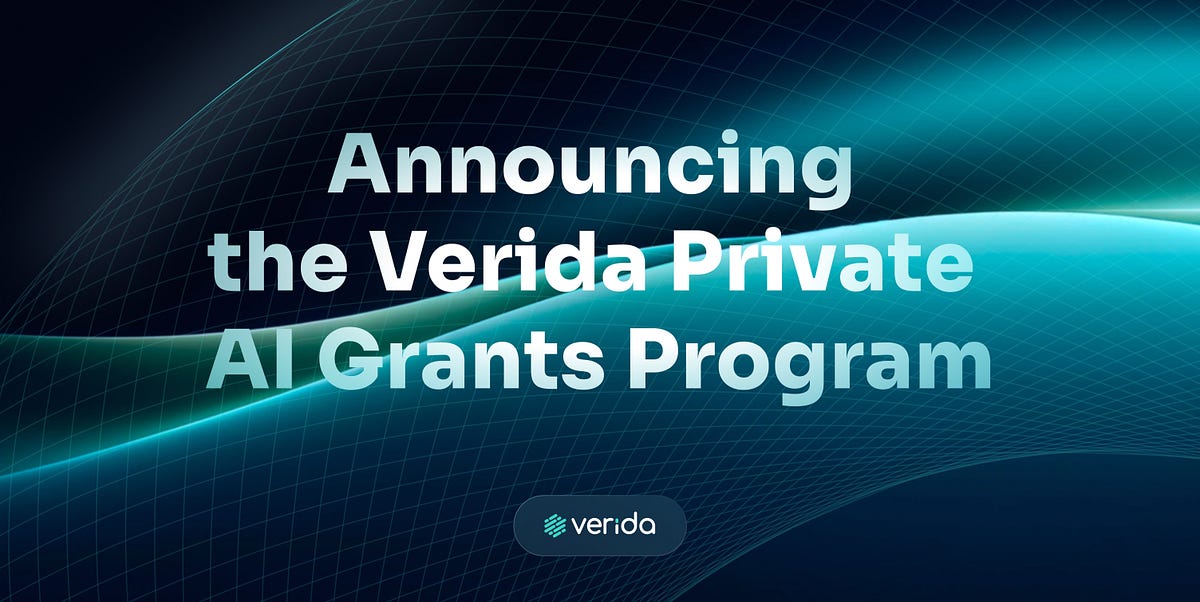Verida DAO Launches Private AI Grants Program

The Verida DAO has officially launched its inaugural Verida Private AI Grants Program, aimed at promoting innovation within the realms of Private AI and decentralized storage. This initiative is designed to support groundbreaking projects that leverage the Verida Private Data Bridge, which is set to expand its capabilities by integrating additional data connectors. By doing so, the program will empower developers using the Verida API to access a broader range of user data, ultimately leading to the creation of more sophisticated AI agents and applications.
The grants will be available from November 15th to February 15th, with a total grant pool valued at $30,000 in VDA tokens. The program features multiple tiers of funding, catering to various levels of project complexity. Tier 1 offers $500 for extending existing connectors, while Tier 2 provides $1,000 for basic connectors. For more advanced projects, Tier 3 awards $2,000 for high complexity connectors, and Tier 4 grants $3,500 for advanced connectors. This tiered approach encourages a wide range of innovative solutions within the decentralized storage ecosystem.
Interested participants can register their interest by filling out a designated form, which will be reviewed by the DAO team. Successful submissions will lead to further discussions about the proposed projects. The Verida DAO is enthusiastic about the potential contributions to the future of Private AI and looks forward to seeing innovative solutions that enhance the decentralized storage landscape. This initiative marks a significant step towards realizing Verida’s long-term vision of unlocking data for diverse Private AI use cases.
Related News





